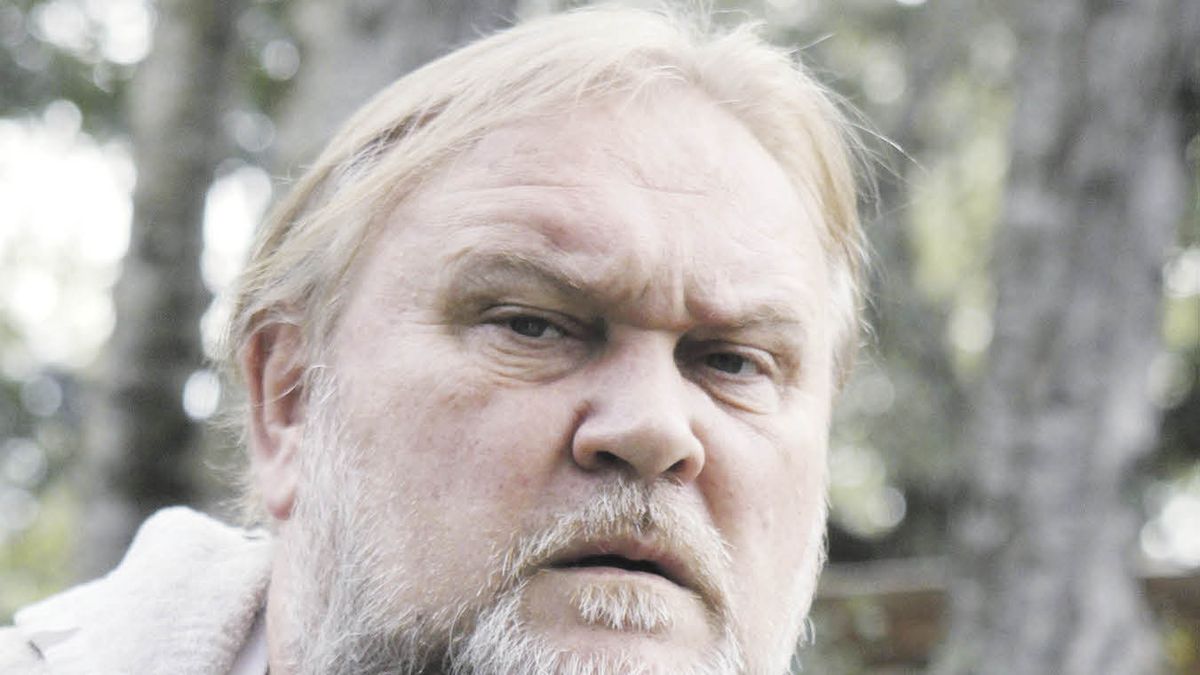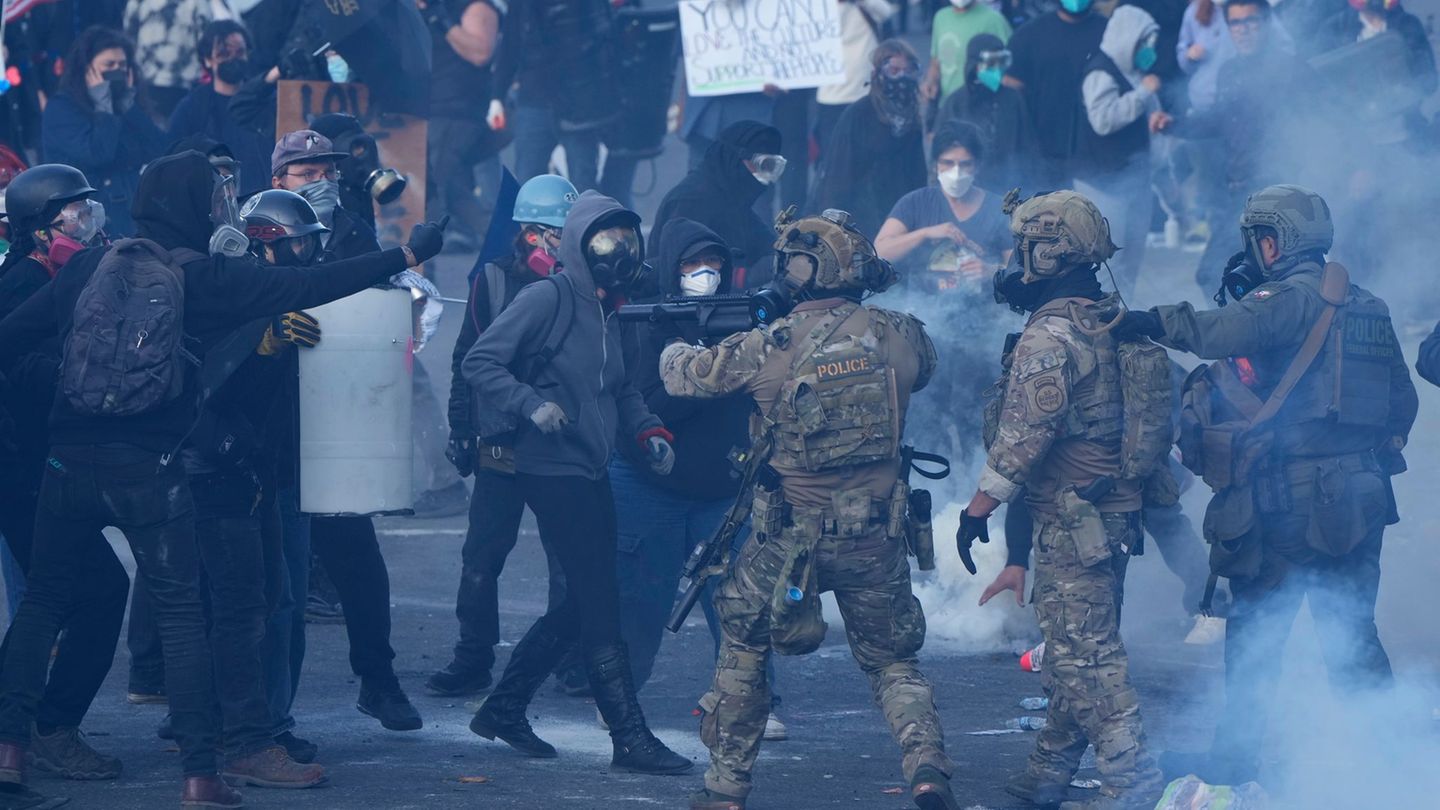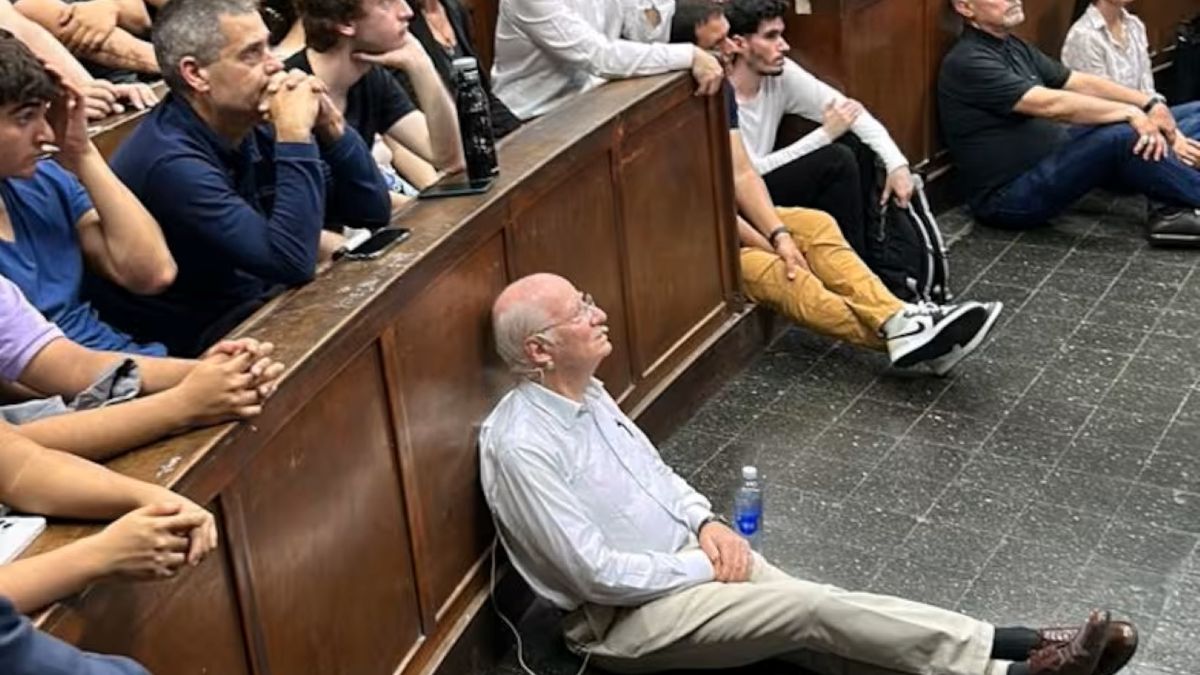Journalist: What attracted you to the work?
Charles Casper: I have a son that we adopted, I always say that it was like a five-year pregnancy waiting for the judge to call us. We did the paperwork and Martin came. So for me these kinds of stories have to do with a matter of conviction. Something similar to a character I did but even more sinister because it happened during the dictatorship. In this case I do what I like, even if it’s from a macabre place, but to be able to transmit what I think.
Q.: Why do those characters on the other side touch you?
CK: We actors are tied to the physique du rol, one gives something on stage and has to get closer. In this work there are people who live in absolute destitution. They are victims of a system and they see the need to sell their children, which also means wanting to give their children a better life, even if they can’t see it. They have a pressing reality, they are shattered and up to their necks, they face it as best they can. Of course I don’t defend them and say ‘sell your baby’ but you have to put yourself in that place if you didn’t have training like the one you had and a reality like the one you have. When we interpret we see it from our perspective, with our magnifying glass, and we have to run, not be so pious with the characters, understand and put ourselves in their shoes. It is very difficult to understand the reality of the desperation of poverty. And there is a system that facilitates the market for the sale of babies, there are judges and lawyers who do their part and set the prices.
Q.: What are the themes of the work?
CK: Motherhood and fatherhood, abandonment. The idea also appears that at some point there is room for affection, there are few moments but there are. The issue of poverty is also called into question. Today everyone talks about the economy but nobody talks about poverty in education and training, which are more essential when managing one way or another. Poverty is a monster that stomps, like war.
Q.: The theme of war also obsesses you.
CK: One sees how the violence evolved in a subtle but terrible way. In ancient Rome, to kill a person you had to look them in the eye. Then came firearms, and today with the push of a button people fly, a missile or a virus is released. Technology has made us involute, we are no longer surprised when they show a murder on TV.
Q.: You are a versatile actor who went through all areas, what balance do you make of your profession?
CK.: I’ve been very lucky, I’ve worked in the off, commercial, official, opera, TV, cinema and now platforms. We actors are used to and trained to row, because they are temporary jobs and we are looking for a way to survive. The bad thing is when someone who chose to collect a salary can’t either and is forced, like us, to live on the fly.
Q.: How do you see the post-pandemic scene?
CK: It seems that the pandemic was a closed gate and when it was opened the flow of water came out with a very wide supply that exploded. We all want to do theater as if another pandemic were coming. We are a people who have known how to sublimate their frustration through art. If we didn’t have that, and the theater players we have, we would have exploded a long time ago. Art allows us to do catharsis, it is healing.
Source: Ambito
David William is a talented author who has made a name for himself in the world of writing. He is a professional author who writes on a wide range of topics, from general interest to opinion news. David is currently working as a writer at 24 hours worlds where he brings his unique perspective and in-depth research to his articles, making them both informative and engaging.




